The breakthroughs that nearly rewrote history

Some of the greatest inventions were never finished. Imagine flying cars in the 1960s or a global internet decades before the web. These aren’t just ideas. They were real projects with real backers that came painfully close to reshaping our world. Then, poof. Gone. Whether sidelined by politics, money, or bad timing, these abandoned projects still haunt the edges of what could’ve been. Let’s take a look at the innovations that nearly rewrote history.
1. The Avro Canada VZ-9 Avrocar
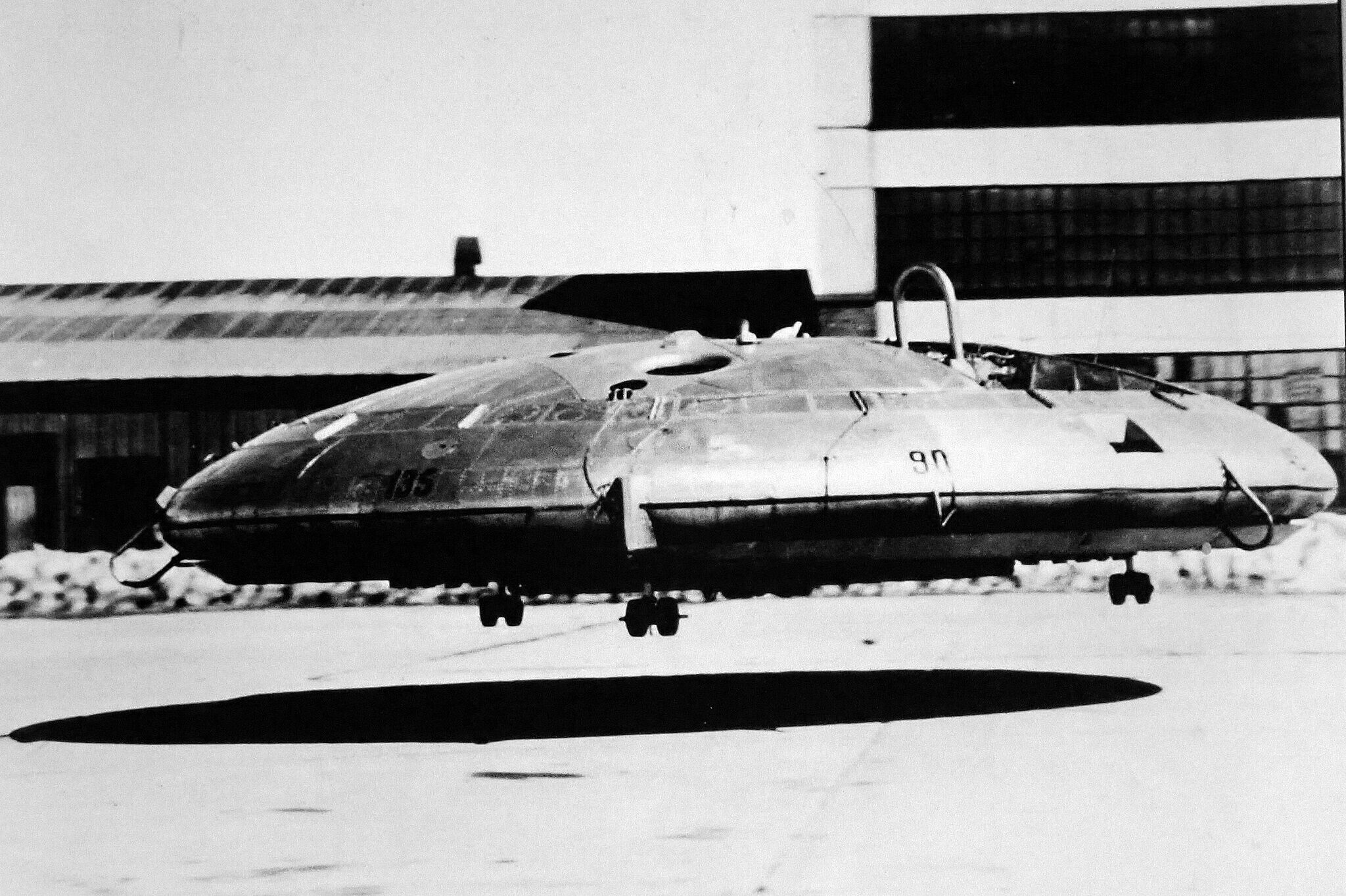
The Avrocar looked like something out of a 1950s sci-fi movie: a flying saucer built for the U.S. military. Designed to hover and zoom across battlefields, it was a daring leap toward personal air travel and futuristic warfare. But poor stability and underwhelming flight performance grounded the dream. Experts say it was ahead of its time, and with better tech, it might’ve led us into an era of flying cars decades earlier.
Source: National Museum
2. Project Xanadu
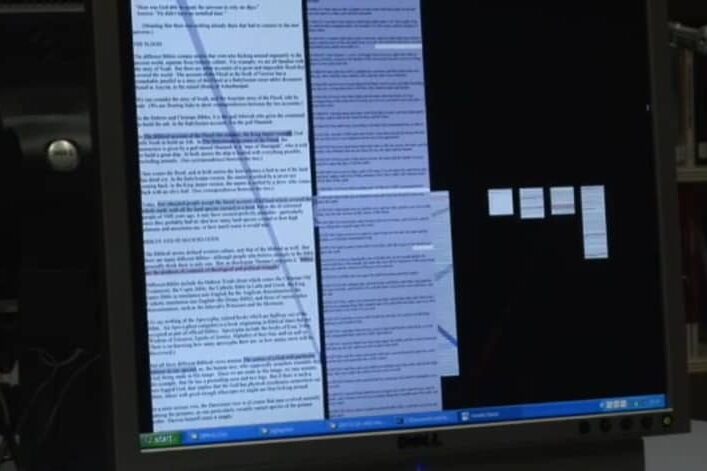
Before the internet as we know it, there was Project Xanadu. Started in the 1960s, it aimed to build a universal library of interconnected text. Basically a smarter, more structured web. But perfectionism, over-complex design, and internal conflicts stalled it indefinitely. Experts agree it could have revolutionized how we share and store knowledge. Possibly giving us a more ethical and transparent version of the internet we rely on today.
Source: Project Xanadu – Wikipedia
3. Tesla’s Wardenclyffe Tower
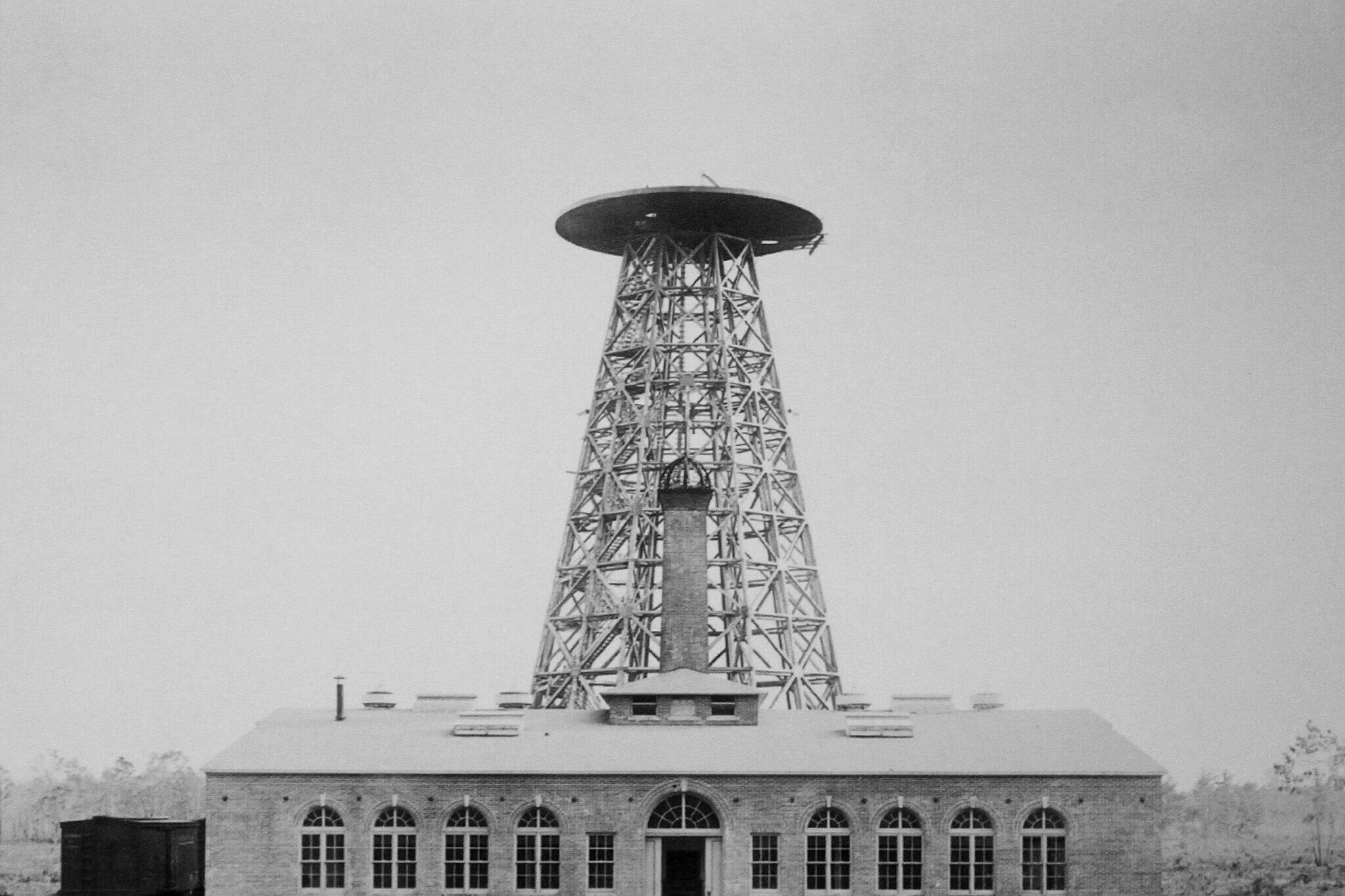
Nikola Tesla’s tower on Long Island wasn’t just a weird science experiment. It was meant to deliver free wireless electricity across the globe. The technology, if proven, could’ve made power grids and electrical bills obsolete. Unfortunately, the project lost funding and was torn down before it could be fully tested. Engineers now speculate that if the money and time had been there, the energy world might look radically different today.
Source: The Tower – Tesla Science Center at Wardenclyffe
4. The Soviet Space Shuttle Buran
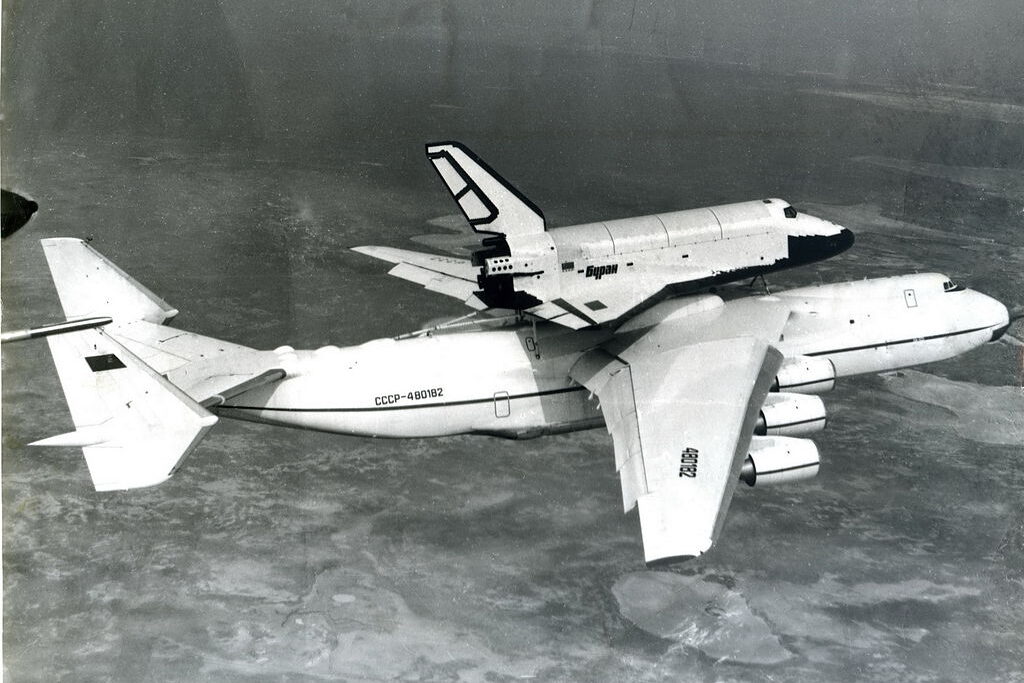
While the U.S. had the Space Shuttle, the Soviets developed Buran. A sleeker, more advanced counterpart. It completed one flawless unmanned flight before the program was shut down due to the USSR’s collapse. Some say Buran was actually more capable than NASA’s version, with features like full automation and better heat shielding. If it had continued, the modern space race might’ve had a very different trajectory with Russia leading the charge.
Source: Buran reusable shuttle
5. IBM’s Future Systems (FS) Project
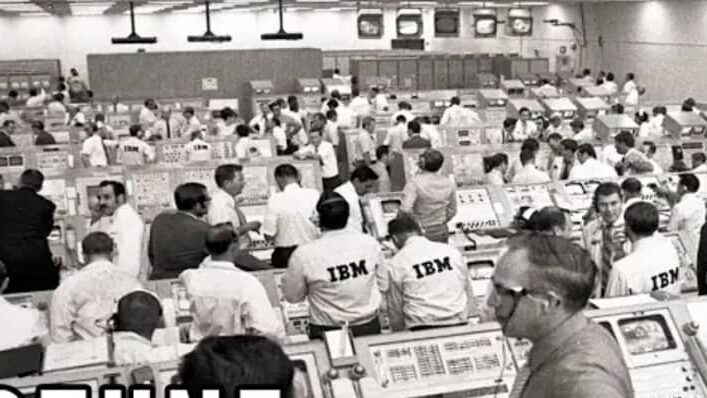
In the 1970s, IBM tried to rebuild computing from the ground up with its FS project. The idea was to create one unified system to handle all software and hardware needs. But it was too ambitious for its time, and internal resistance led to its quiet shutdown. Tech historians say it could’ve created a smoother, more integrated computing landscape. Changing everything from personal devices to enterprise systems as we know them.
6. The U.S. Supersonic Transport (SST)
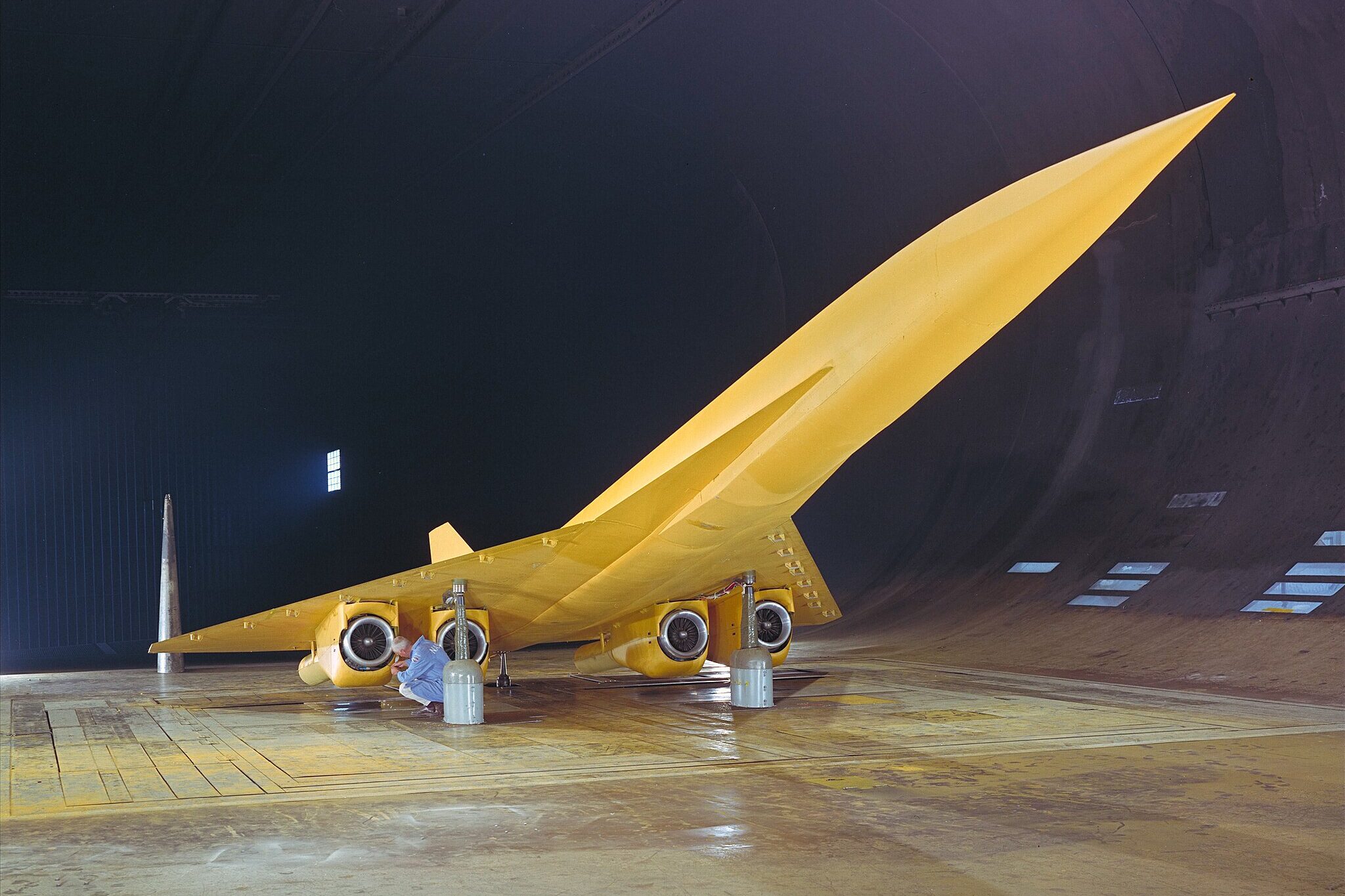
The U.S. planned to rival the Concorde with its own supersonic passenger jet, backed by Boeing and federal funding. It was supposed to cut cross-country flight times in half. But public backlash over noise pollution and environmental concerns grounded the project permanently in 1971. Aviation analysts argue that if it had taken flight, today’s air travel might be faster, sleeker, and more technologically daring than the slow evolution we’ve seen since.
7. Google Glass
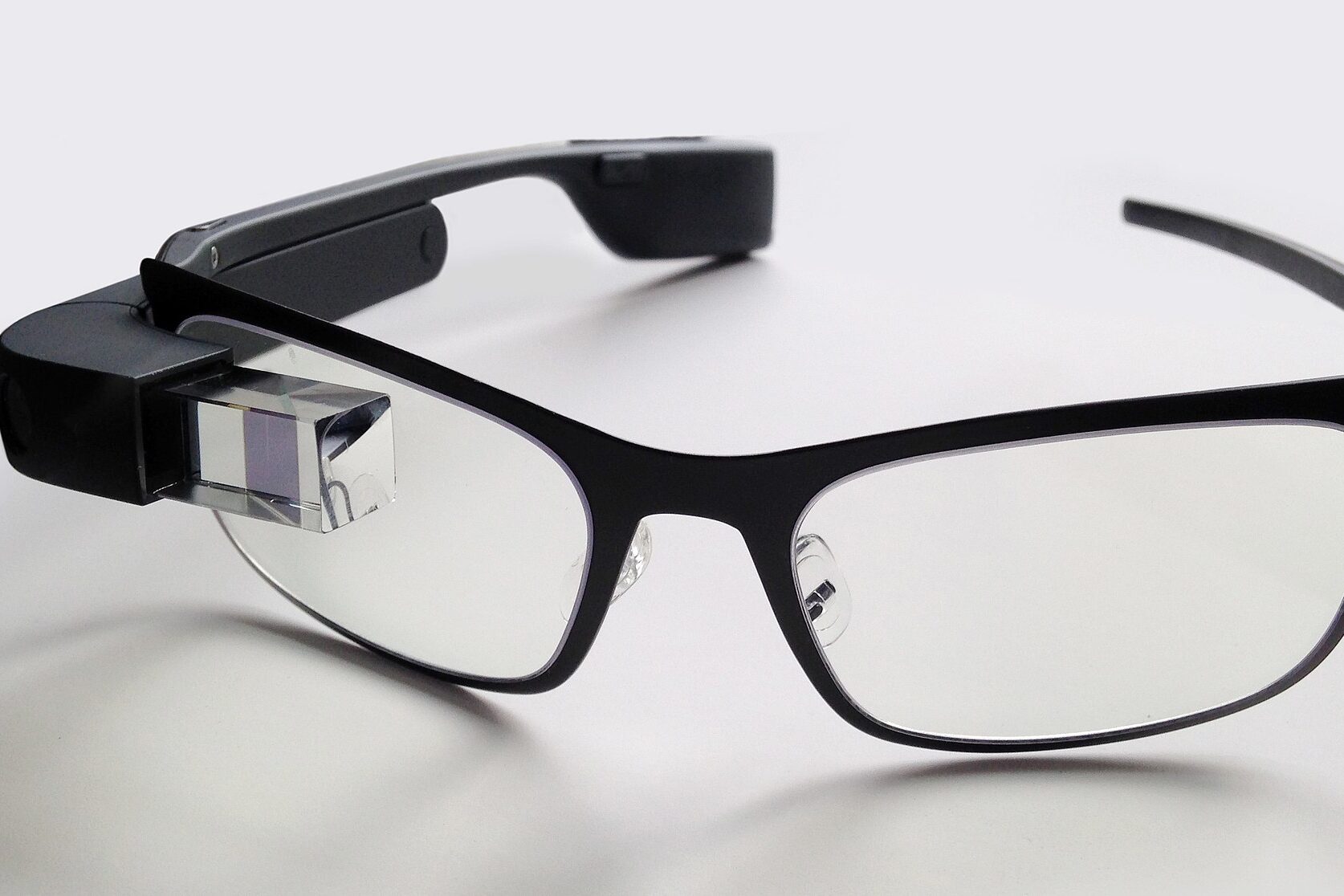
Launched with fanfare in 2013, Google Glass promised a future where information floated in front of your eyes. It could have been the first real step into augmented reality. But privacy concerns, poor battery life, and an awkward design made it crash hard. Tech insiders feel it failed not because it lacked potential, but because the world wasn’t ready. In a different time, it might’ve led us straight into a wearable revolution.
8. Biosphere 2
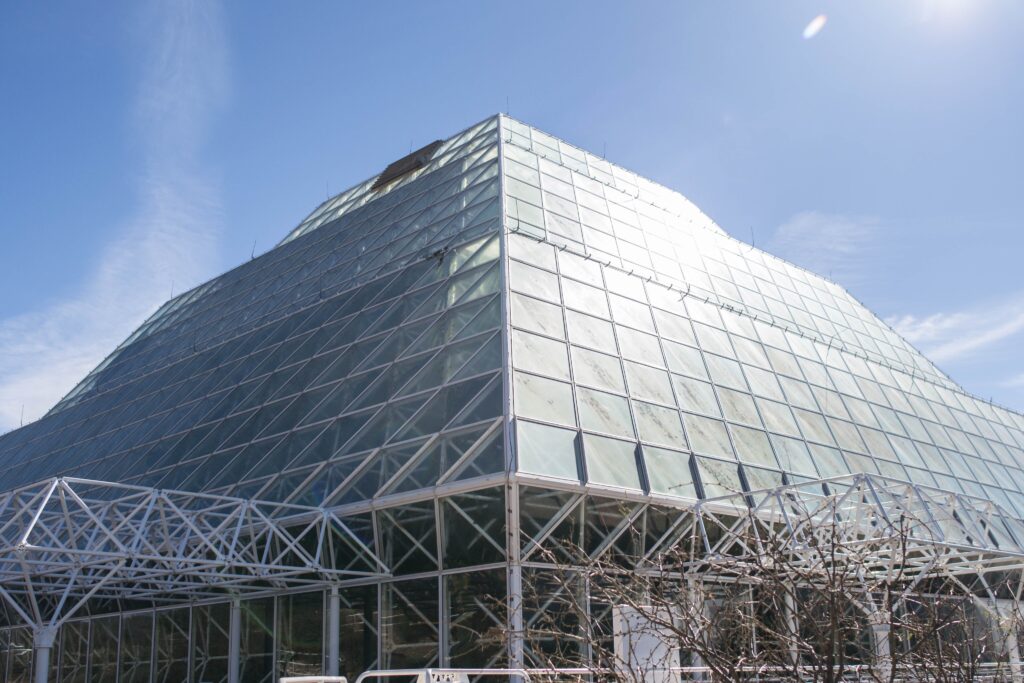
In the early ’90s, scientists tried to create a fully enclosed ecosystem in Arizona to simulate living on other planets. It was bold, strange, and fascinating. But the sealed environment quickly developed problems. Oxygen dropped, food became scarce, and tempers flared. Though it “failed” as a Mars simulator, experts still believe it could’ve changed how we build self-sustaining habitats. Especially as climate change and space colonization creep into the global conversation.
9. Apple’s Knowledge Navigator

Long before Siri, Apple imagined a digital assistant that could talk, schedule appointments, and gather information. The 1987 concept video of the Knowledge Navigator was eerily prophetic. But the tech just wasn’t there, and Apple quietly shelved the idea. Developers now see it as a brilliant blueprint that was simply too early. If launched, it might’ve made artificial intelligence a household norm years before Alexa or Google Assistant came along.
Which of these forgotten projects do you wish had made it? Join the conversation. Share your thoughts or tell us about another lost invention you think could’ve changed the world.


